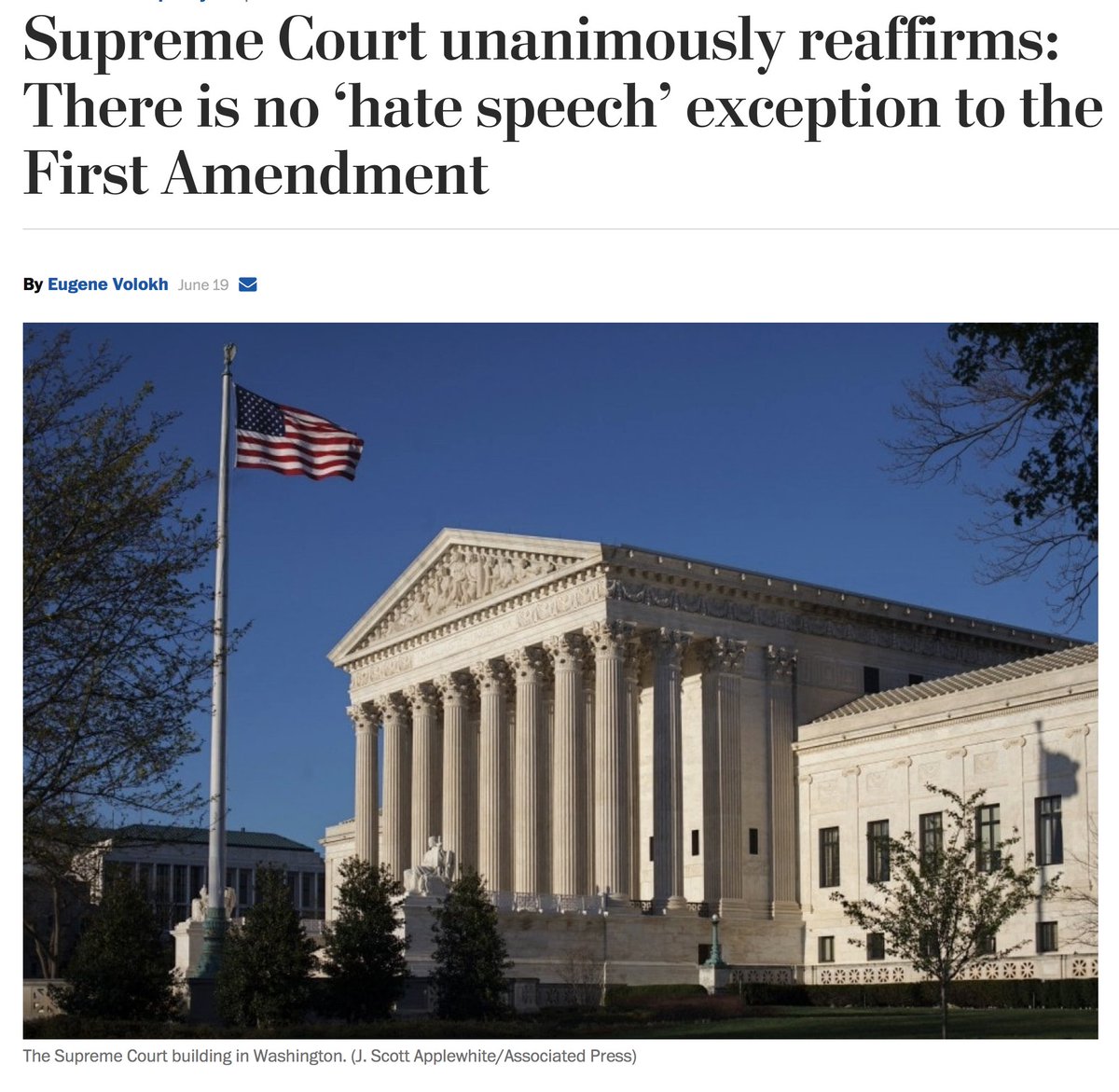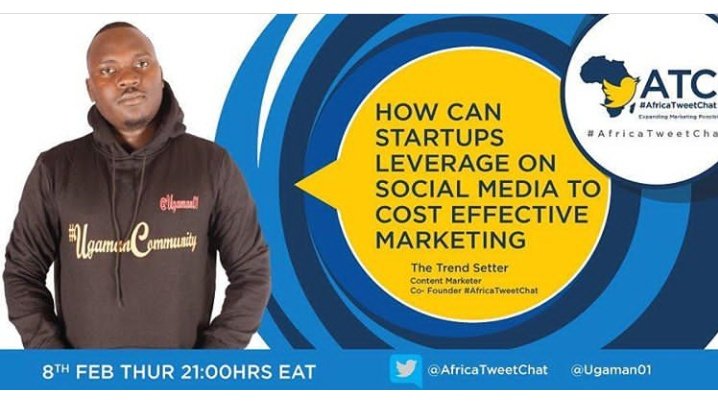The Absolute State of the Union: Faction and Retortion
[THREAD]
For me, the 4th of July is a somewhat melancholy day—the American Republic seems ailing, and has for some time.
Can the American experiment work?
Here is link to Federalist 10: I encourage you to go read it: avalon.law.yale.edu/18th_century/f…
It is one of the most difficult political problems to handle.
Madison argues that a Federal Republic can adequately deal with problem of faction.
There would be only TWO WAYS to eliminate faction at the level of its CAUSE.
One way to eliminate faction is to eliminate liberty.
This “solution” is no solution, since it combats an evil with a greater evil. It is like “curing” a disease by ending the life of the patient.
This too is necessarily doomed, owing to the nature of human beings. It would be as unwise as it is impossible, says Madison.
What was communist totalitarianism if not an attempt to eliminate faction by eliminating liberty and forcing everyone to think and believe the same?
Nothing else.
We must instead attempt to mitigate is EFFECTS.
So why is America so divided, so factionalized?
But I can give a synopsis.
2 The 14th Amendment +
3 the “living document” conception of the Constitution
together create a “perfect storm” that serve to defeat Madison’s plan to counteract the effects of faction.
Probably the most important Supreme Court case ever to happen in the United States.
In it, the Supreme Court ruled that Congress is unable to act above and beyond the Constitution.
Really, it is a worthwhile thing to do on the 4th of July.
Why should Congress’ power, the legislative power, be limited?
Remember that line. It’s going to be important shortly.
What is retortion?
In simple terms, it is the question: "How does a principle apply to itself?"
It established limits to the power of Congress BY WAY OF granting to the Supreme Court de facto power to interpret the Constitution.
How did the SCOTUS get that power? Nothing like that is given to it—explicitly—in the Constitution.
So where did it come from?
The Supreme Court interpreted the Constitution as saying that that the Supreme Court has the right, task, and authority to interpret the Constitution.
And we know the SCOTUS has this power because the SCOTUS ruled that the SCOTUS has this power.
In Marbury vs Madison, the Supreme Court GAVE ITSELF the power to INTERPRET THE CONSTITUTION—by INTERPRETING THE CONSTITUTION.
The Supreme Count bootstrapped itself into having exactly the same “practical omnipotence” that it denied Congress has.
"The most commonly used — and frequently litigated — phrase in the amendment is "equal protection of the laws",
"nor shall any state … deny to any person within its jurisdiction the equal protection of the laws."
It seems almost blindingly obvious that every state ought to honor the principle of equal protection or equality before the law, within its jurisdiction.
But how would that affect other states?
It means that the Supreme Court’s (remember—self-given) power to interpret the Constitution is not actually limited by the Constitution.
“When we interpret a Constitution,” the Supreme Court said, “it means just what we choose it to mean—neither more nor less.”
1 The Supreme Court has the power to interpret the Constitution—it said so.
2 The Supreme Court has the power to impose law on all states via the 14th Amendment
3 The Supreme Court is not limited by the Constitution in interpreting the Constitution.
Having same-sex marriage be legalized by the law? Hard. Even California passed an Amendment barring it.
At least, EASIER.
Want to conjure a right to privacy which enshrines abortion out of thin air?
*snap*
Done!
THINGS WHICH CANNOT GO ON FOREVER, DON’T.
They will keep imposing new “rights” as Constitutional law—that is, super law—until the nation factionalizes to the point of civil war.
Quis custodiet ipsos custodes?
“Who guards the guardians?”
And it answered, “We will—by giving ourselves the very power that we must at all costs prevent Congress from assuming.”
Could one SUE the Supreme Court for acting above and beyond its authority? How?
By DOING SOMETHING, the Court de facto rules it CAN do it.
We can all see how that worked out.
What’s wrong with Protestantism? FACTION
Anyone can take an irrational position and SAY it is the rational one, after all.
Not a happy thought.
Nevertheless, we aren’t dead yet.
So happy Fourth of July! 🇺🇸
Go eat some 🍔🌭
And hope that our republic will outlive you.
God bless.









